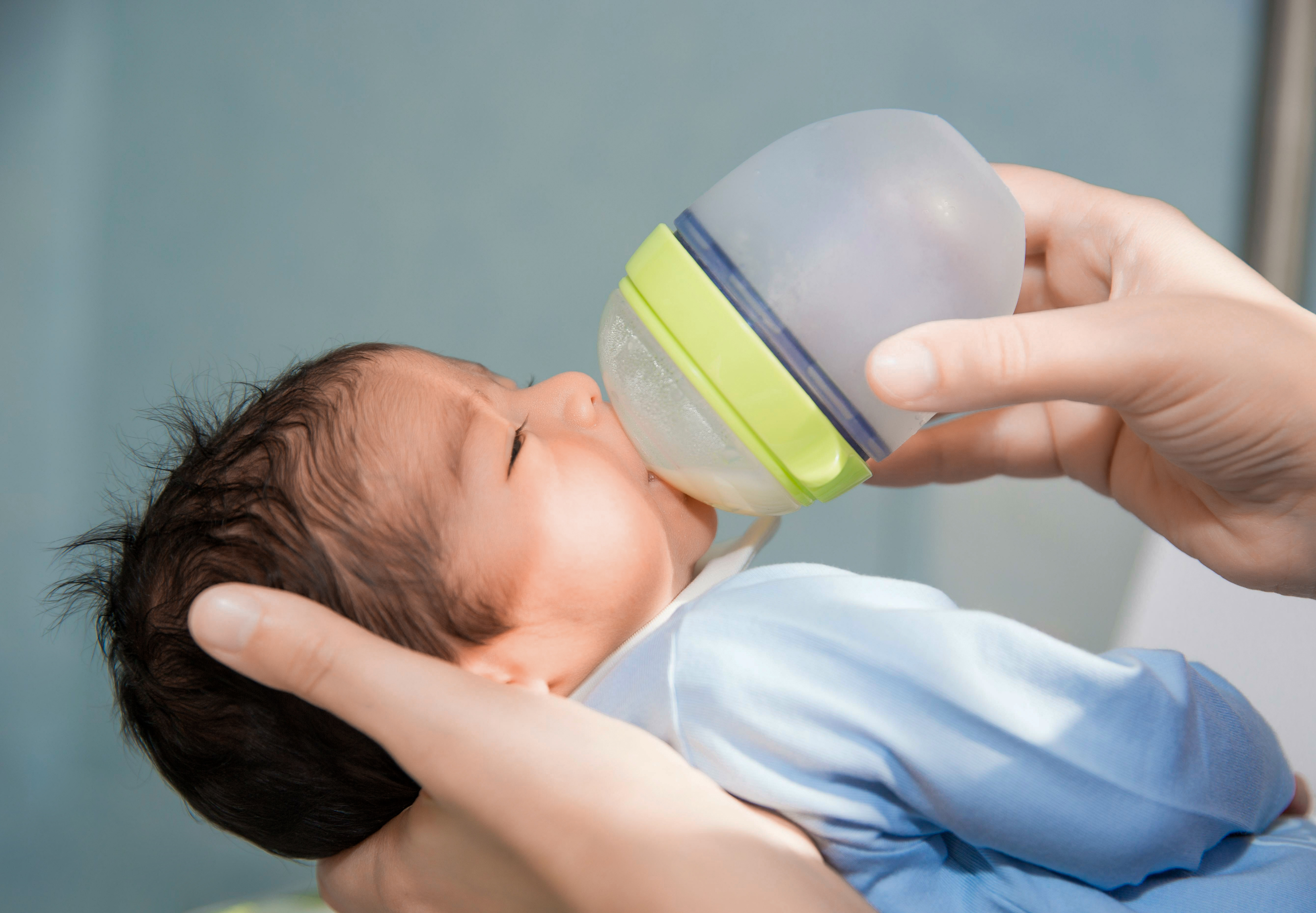In the studies conducted last year, microplastics were found in breast milk for the first time, and mothers were warned to avoid particularly packaged foods and various cosmetic materials. Istanbul Gelisim University Biochemistry Specialist Asst. Prof. Dr. Burcın Tuzuner underlined that microplastics can enter the body in many ways, from the food products consumed to the air we breathe.
Plastics, which are cost-effective and have many advantages, are used at many points in daily life. Although most of the plastics are lost in nature by decomposition, plastic waste that is not disposed of properly raises concerns about the environment and human health. Istanbul Gelisim University Biochemistry Specialist Asst. Prof. Dr. Burcin Tuzuner underlined that these plastics can cause cell death and allergic reactions in the human body.
The answer to “What is Microplastic? must be well-known”
Asst. Prof. Dr. Burcin Tuzuner stated these results cause concern for human and environmental health:
“First of all, the answer to the question 'What is microplastic?' must be known to everyone. Plastic particles smaller than 5 mm that occur as a result of plastic pollution are called microplastics. These are either produced specifically to provide functionality to industrial products or arise due to the wear/breakdown of large plastics over time. They are found in many places, from the food we eat to the water we consume, the air we breathe, and now the agricultural products that are grown. However, it is still unknown exactly how long they remain in the body. Today, national bans on the use of microplastics as additives in cosmetics and cleaning products have entered into force in some member states of the European Union. We, too, can reduce waste generation by avoiding unnecessary use and consumption of plastic in our living spaces as much as possible. We must make the necessary effort for healthy living spaces and people.”

Microplastics have been found in both breast milk and baby bottles
Microplastics, which appear in the blood, lung tissues, breast milk, placenta of pregnant women, meat and milk of farm animals, can also pass from soil to plant seeds, according to recent studies. At the same time, the release of microplastics due to the heating of polypropylene baby bottles to the recommended temperature during the sterilization stages and for formula preparation causes bottle-fed babies to drink millions of particles per liter per day.

5 Ways to Reduce Plastic Footprint
Asst. Prof. Dr. Tuzuner stated that different solutions should be considered in the short, medium and long term to reduce the negative effects of microplastics on the environment and human health, and he made 5 practical suggestions that we can apply in our daily lives.
1- Using products made of reusable materials such as glass and metal instead of disposable plastic forks, knives, glasses, plastic bottles or straws can prevent unnecessary plastic waste.
2- You can reduce plastic consumption by not choosing over-packaged and unnecessarily bulky products in your shopping.
3- The average life of plastic bags is 15 minutes. You can reduce the formation of plastic waste by using cloth bags instead of plastic bags in your shopping.
4- You can choose the cosmetics and cleaning products you use from reusable or refillable packaging. Instead of products containing microplastics, you can buy natural cosmetics and cleaning products.
5- You can contribute to the recycling of plastics by showing a more sensitive behavior as a consumer in reducing waste production and collecting your waste separately at home.

.jpg) Created Date: : Friday, January 20, 2023
Created Date: : Friday, January 20, 2023
The photography exhibition themed “In the Paw Prints,” organized as part of...
Istanbul Gelisim University (IGU) Software Engineering Department senior st...







